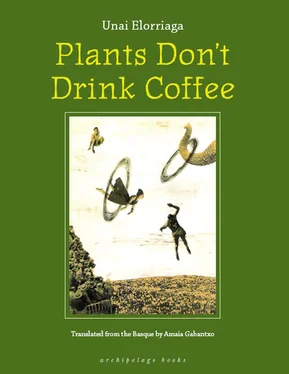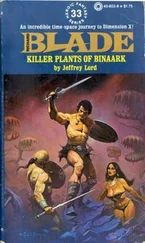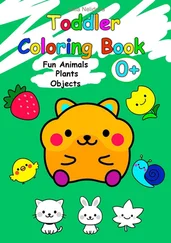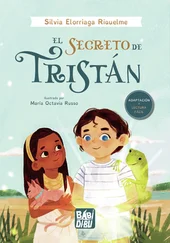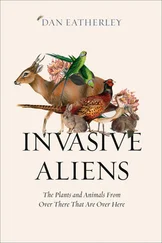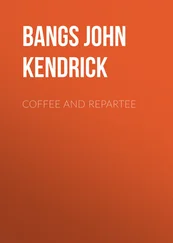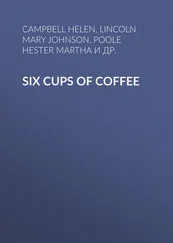Ball: “No, not me; my brother went to the seminary. Fernando.”
Gur: “Fernando then. But you go to mass, right? You do go to mass.”
Ball: “Yes, I go to mass.”
Gur: “That’s it. That’s what I meant to say. And did you know a priest invented rugby?”
Simon: “No, Gur: first he invented rugby and then he became a priest. Say things the way they are.”
Gur: “That’s it. That’s what I meant to say. . William Webb Ellis. That was the priest’s name. He invented rugby. He was probably called Reverend William by his parishioners. Priests often get called Reverend.”
They stopped to rest on the way to the golf course. They placed the sacks against a set of traffic lights and Ball sat on the sidewalk. A bat was flying quite high, between the fourth and fifth floors of an apartment building. But we couldn’t hear the flapping of the bat’s wings; Gur’s voice was too loud:
“Reverend William was crazy. Do you know how he invented rugby? He picked up a soccer ball and started running like mad. In the middle of a soccer match. Crazy, Reverend William. This was in 1823.”
“He became a priest afterwards,” Simon.
“He became a priest afterwards,” Gur. “Imagine what his sermons must have been like. .”
Gur went silent. Simon continued:
“Did you know about the theater?”
“What theater?” Gur.
“They put on plays.”
“Who did?” Gur
“The rugby teams. They used to put plays on. To earn money. And ballet too. Classical ballet. And the fattest ones would wear tutus. You know what a tutu is, don’t you Gur? Imagine it, a 130-kilo bull of a man in a tutu. A tutu measuring two meters in diameter. .”
Gur said that he’d never heard of anything like it. Then he imagined 130-kilo rugby players wearing tutus in a canopied swimming pool. He didn’t know why in a pool, but in his imagination they were in a pool. A canopied pool.
The bat made a tiny noise, like the noise an ant makes when you step on it. The break was over so Mateo and Ball took two sacks each, Gur took the line-marking machine, and Simon took the ladder. And they headed towards the golf course again.
Simon continued talking as they walked. He explained how for a while the rugby team used to perform plays, but they would often be heckled. He said how members of another rugby team would come into the theater. And they would be very loud. Blow horns, even. They came to heckle the plays. . he said once they brought mules into the theater, and two pigs. And they laughed. And then an actor started throwing apples. At the hecklers. And he laughed. Because they were using the apples as part of their performance. And Simon said that another actor hit a bull’s eye. And he laughed too. And of one of the hecklers had a blue testicle for a whole week.
Afterwards Simon said:
“Like Samuel Beckett.”
Gur: “He also had a blue testicle? Who is Samuel Beckett?”
Mateo: “A writer.”
Gur: “And?”
Simon: “He also played rugby. Later on he won the Nobel Prize.”
Gur: “Another madman.”
Simon: “Another madman.”
Gur: “Like us.”
Simon: “Like us. But thinner than you.”
The golf course was near. They would be there in less than five minutes. In less than four minutes. It was still night, on June 37th.
“Do you know how many red cows there are in this town?” said Gur, suddenly.
“How many?”
“Seven. In the census.”
“Really.”
“And how many kiwi trees?” Gur.
“. .” Simon, Mateo, Ball.
“Sixty-four.”
“Sixty-four? That’s a lot of kiwi trees,” Simon.
“And how many cats?” Gur.
“How many?”
“I don’t know. They don’t record cats in the census.”
“Why?”
“Because we don’t eat them.”
“We don’t eat them? No way. We eat more cats than anchovies here,” Simon.
“Yeah, but the town mayor doesn’t know it,” Gur.
“That’s true,” Simon.
They arrived at the golf course and then, with some difficulty, managed to get the four sacks and the line-marking machine over the stone wall. One of the sacks got squashed and looked like a pear.
First of all, they started looking for the markings Gur and Simon had left behind during their previous incursion. 144 meters long and 80 meters wide. That was a rugby field, officially.
They found the markings very quickly. They were exactly as they had left them; it looked like no one had played golf in the meantime. It was as if they had inherited the golf course. To make a rugby field.
They started marking the lines. The way Emilio had explained the previous week. Emilio had spent a lifetime marking lines in all the soccer fields of Arbidas. Forty-three years, Emilio had told them, marking lines. He asked Gur: Have you ever spent forty-three years doing something, señe ? Gur said he hadn’t, but he had a cat, a seven year-old cat, and cats live seven lives and seven times seven is forty-nine. That was Gur’s answer. He was obsessed with numbers, Gur. Three and six, for example, he hated. He found eight quite disagreeable too.
So they started marking the lines. They had to mark fifteen lines; a rugby field requires fifteen lines, officially.
“This is a bit uphill, isn’t it?” Mateo.
“A bit,” Gur.
“And?” Mateo.
“It doesn’t matter,” Simon.
“It doesn’t matter,” Gur.
“It doesn’t matter; what matters is we’ll have a rugby field here, in our town,” Simon.
Gur was marking the lines with the machine just then. His lines were pretty good, quite straight. He started speaking all of a sudden, and what he said had nothing to do with anything else:
“I think mad birds exist as well. Just like there are mad people, there are mad birds too. And for example ornithologists will follow a bird. For days and days. They’ll follow a crow maybe. And they’ll observe the crow’s habits, like how it eats and how it sleeps, and they’ll write all this down in a notebook. And then they’ll publish their notes, and make a fat book about the crow’s habits. But the crow they’ve been observing was a mad one, maybe, and its habits are not the habits of a normal crow, but the habits of a mad crow. Just like people. So the book is useless. But even if they’d observed a normal crow, the ornithologists would’ve wasted their time; because maybe there are more mad crows than normal crows in the world. Like people. Mad in different ways, of course. Like people. And we’ll pick up the book and think that all crows act in the same way. It’s the same with TV documentaries.”
“Seven out of every ten crows in the world must be mad,” Simon.
“Or eight. .” Gur.
“And there must be some mute birds too,” Simon.
“Hundreds of mute birds. .” Gur. “And here’s something else I thought about yesterday: have you ever seen children talk about prostate problems? With other children, I mean. Not with their grandparents or their uncles, no. With other children. Have you ever seen anything like this?”
“No,” Simon or Mateo.
“Me neither. It would be interesting to see. But children are selfish like that. Selfish,” Gur.
“Children are selfish from their toes to the crowns of their heads. Just like people,” Simon.
“How many more lines?” Gur, looking at the lines he’d drawn until then.
“Nine. And a half,” Simon.
But although there were still many lines to go the golf course was beginning to look like a rugby field. Without the goalposts, obviously.
Gur was very excited, like Simon. And their excitement was infectious: about the rugby field, about rugby itself, about ruining the golf course, about Gur and Simon. All this was happening on June 37th, a warm summer night.
Читать дальше
